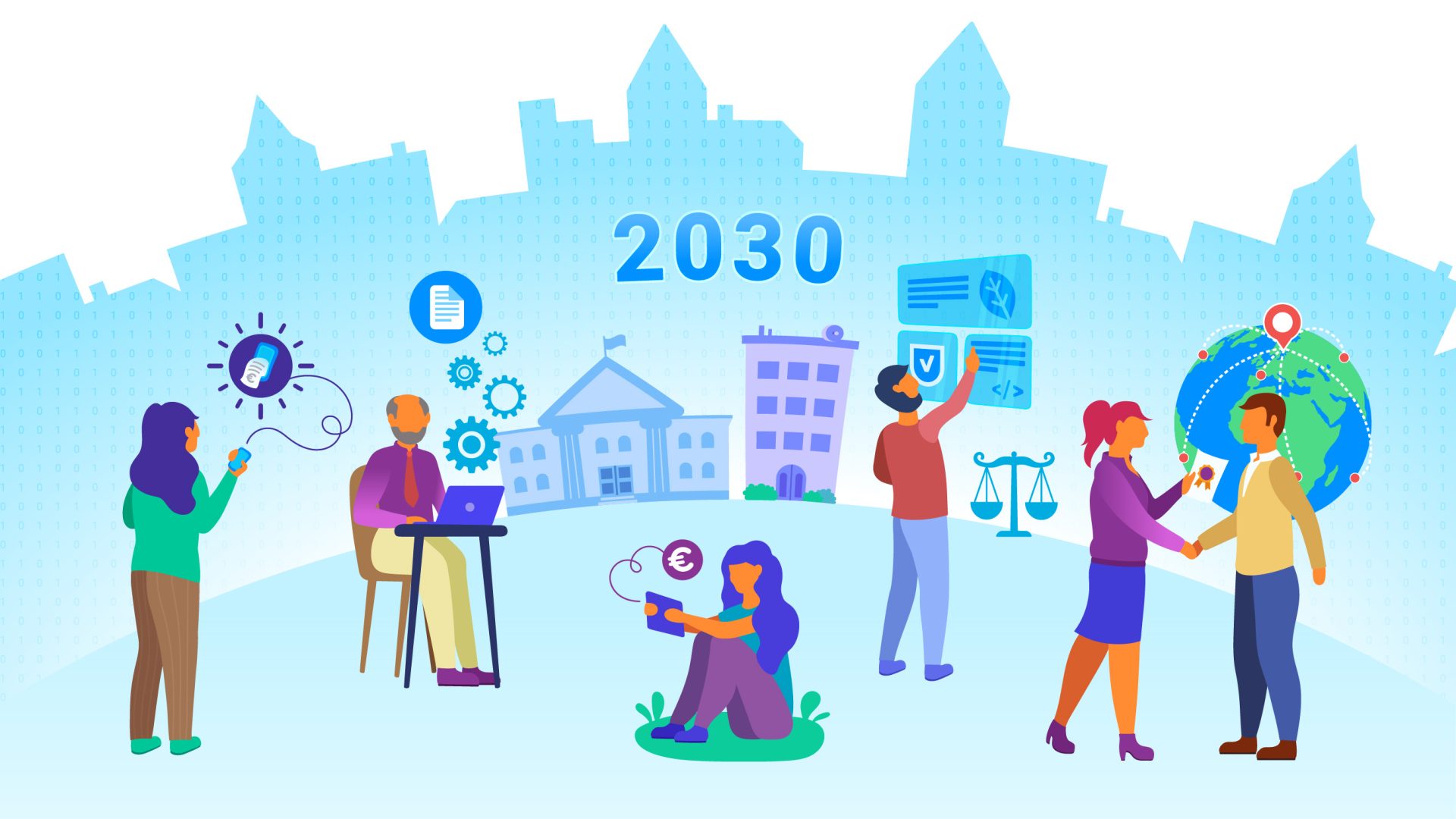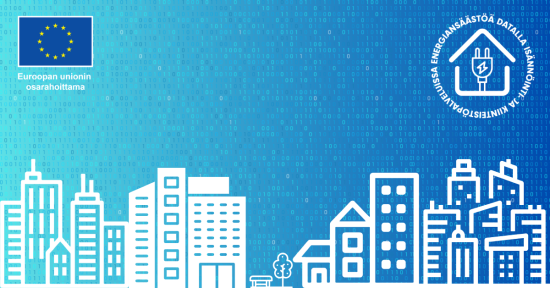Need for better awareness and greater technical support
Reasons for not using e-invoicing compliant with the European standard range from technical difficulties to lack of knowledge. Maybe the easiest issue to solve is the latter. Many businesses are not aware that the software they are using already comply with European-standard e-invoices.
In terms of technical challenges, one important aspect is the need for support for consolidated invoicing that complies with the European standard. This means that businesses should be able to send similar consolidated e-invoices as was possible with earlier e-invoicing formats.
Roadmap to determine concrete measures
The roadmap will provide clear direction and suggest concrete measures to help organisations promote the use of e-invoicing. In addition to removing technical obstacles and competence issues, the purpose of the roadmap is to help achieve wider awareness of the benefits of e-invoicing: comprehensive use of e-invoices complying with the European standard also enables more data to be transmitted on the invoices, and makes the automation of accounting easier. The purpose of the roadmap is to ensure that by 2030, all businesses in Finland use e-invoices that comply with the European standard.
Roadmap work continues
Creating the roadmap has been the result of close collaboration by a number of parties. Representatives from different organisations were interviewed, and 120 people from 61 organisations took part in the workshops. Meetings have resulted in plenty of valuable information and insights from many actors and fields of business for the creation of the roadmap.
Work on the roadmap continues. The next milestone is to allocate responsible organizations for each part of the roadmap, and decide on the timetable.
More information:
Timo Simell
Development Manager
tel: +358 43 820 0952
email: timo.simell@tieke.fi
Collaborate with TIEKE?
Want to help organizations in themes such as digital competence, data economy, real-time economy, or sustainability? Partner with us!
TIEKE Finnish Information Society Development Centre is a non-profit organisation founded in 1981 aiming to develop, improve and support a thriving information society and all its digital endeavours.
We help organizations in various ways:
- Projects and initiatives
- Networking and ecosystem work
- Surveys and studies
- Expert services and advice
- Webinars, online trainings and coaching programmes
- Materials and guides
We have a track record working in various project roles: coordination, partner, expert, comms and more.
We run around 15 projects per year and are familiar with instruments such as CERV, Erasmus, ERDF and ESF.
We work with wide array of target groups such as SMEs, large companies, educational organizations, public sector and associations.
Don’t hesitate to get in touch to discuss collaboration opportunities with us!










